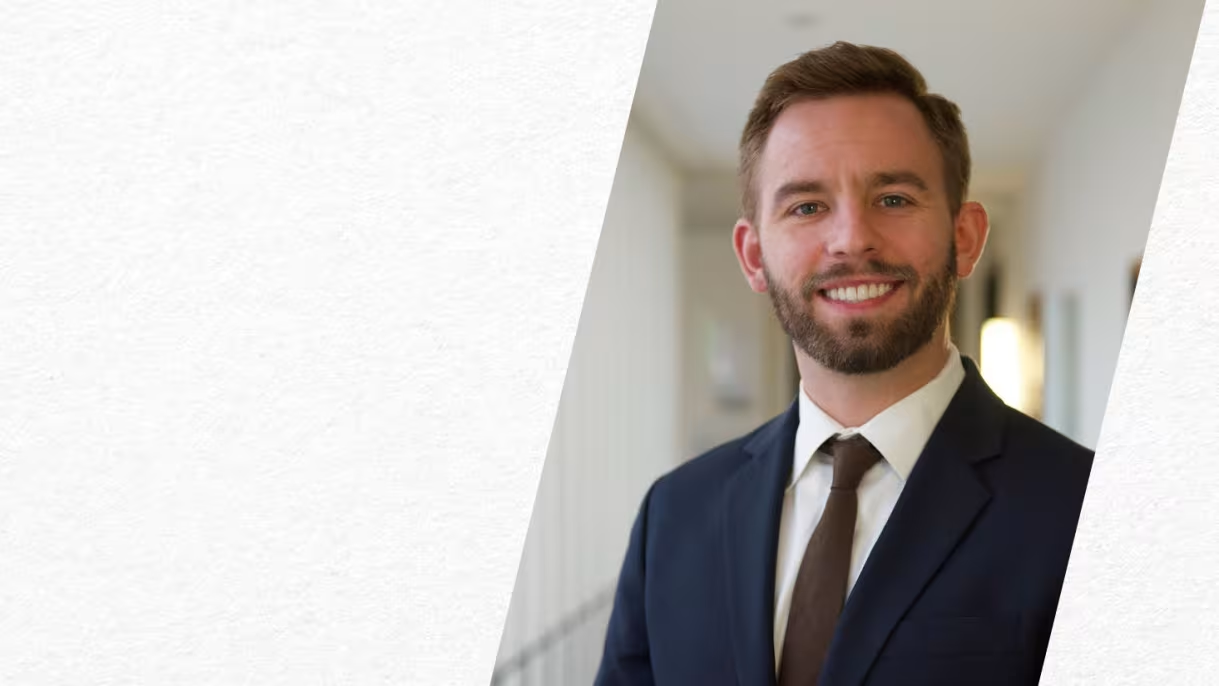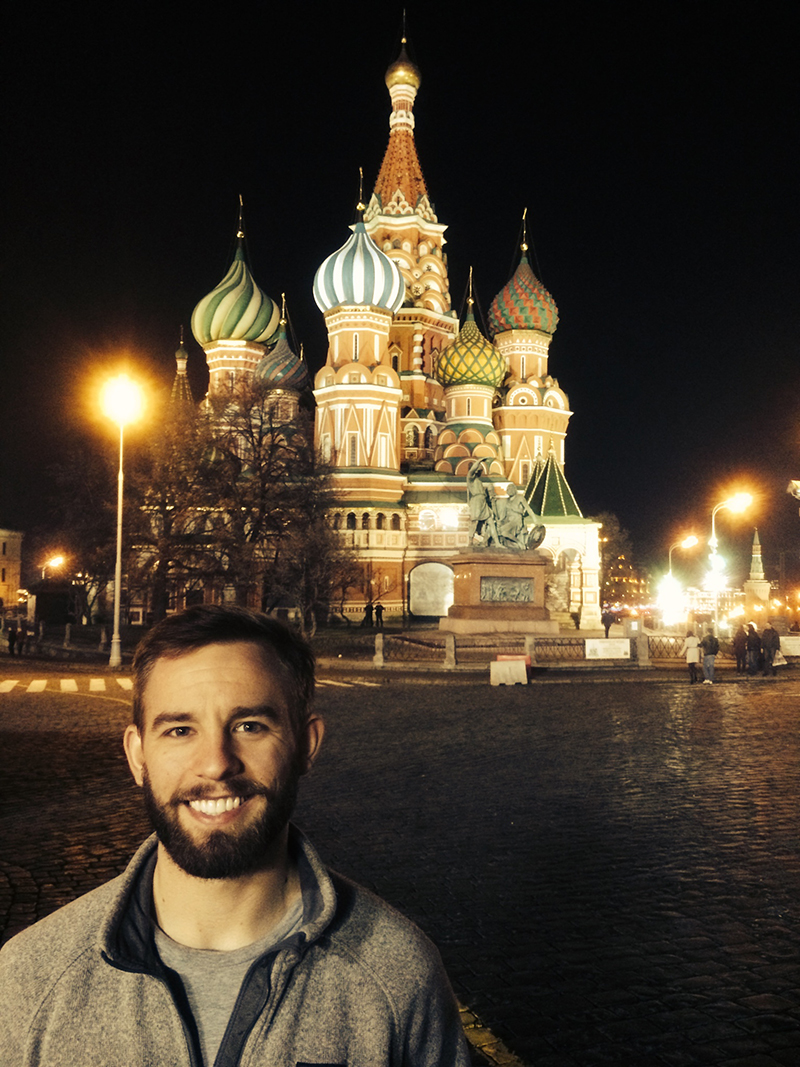

#PolicyProfile: Travis Frederick, Ph.D. Security Studies
I’m working a dream job as a graduate fellow in the NASA HQ History Office where I investigate the collective memory of the Soviet space program in Russia and Ukraine.
Taking Russian language classes in my undergrad at The Ohio State University was a formative choice; since then, it’s been a decade of nothing but Russia all the time. It began with studying abroad in St. Petersburg; I was there when Russia invaded Crimea.

After graduating, I had the opportunity to move to Moscow and work in the U.S. Ambassador’s Office. On May 9 — Victory Day in Russia — they celebrated the 70th anniversary of victory in World War II with a massive military parade that drove right past the embassy. This actually became a big part of my Ph.D. dissertation at SPIA. I’m studying how the selective commemoration of history affects people’s collective memory and their current political opinions. It’s fascinating to do this in a country where the laws regulating what you can say about history are actively changing.
The most unique part of my Ph.D. experience has been the ability to do interdisciplinary work in security studies, history, and psychology.Travis Frederick
As I look back, I’ve had some amazing opportunities. I was a first-gen college student. My graduate degrees were paid for, and, through school and work, I’ve been able to study history and collective memory in Russia, Cambodia, and Argentina. As a member of the Socio-Cognitive Processes Lab led by Alin Coman and a graduate fellow in the Princeton Cognitive Science Program, I have learned the skills to apply history and psychology to public policy in a rigorous way. I feel fortunate to have had the time, support, and opportunities to build such a niche skill set. I’m eager to use these tools in whatever policy career I choose next — ultimately to make the world a more peaceful place.

